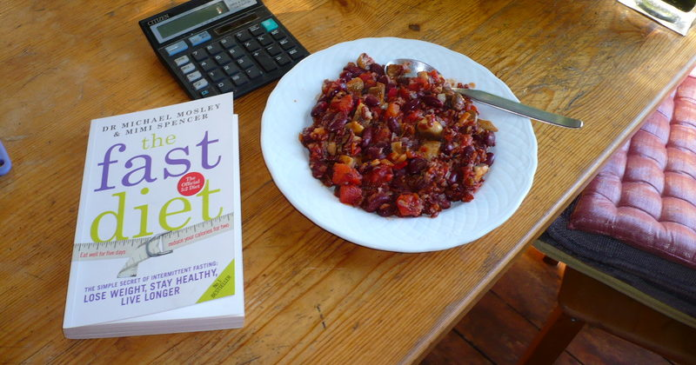Cleanses and fasts are all the rage right now when it comes to dieting and losing weight, but do they truly run any better than counting calories?
One weight loss method, called alternate-day fasting, involves devouring significantly lower calories one day, then subsequently having a “feast” day and devouring more calories than usual. While small studies on rats and human subjects have suggested that restricting calorie intake in such a way could actually be good for you, a recent randomized clinical trial found that not only is it not more effective than simply cutting calories, but it’s harder to stick to as well.
In one of a long time and larger trials of alternate-day fasting, researchers analyzed 100 obese adults for over three years.
The participants were randomly split into different groups and dedicated three different diets: no restrictions on food uptake, reducing calorie intake every day by 25 percentage, and alternate-day fasting, which involved devouring 25 percent of calorie requires on fast days, then 125 percentage on the “feast” days.
After a year, those participating in alternate-day fasting lost six percentage of their own bodies weight on average, while the daily calorie restraint group lost about 5.3 percentage. Blood pressure and heart rate changes were not significantly different in the two groups either.







